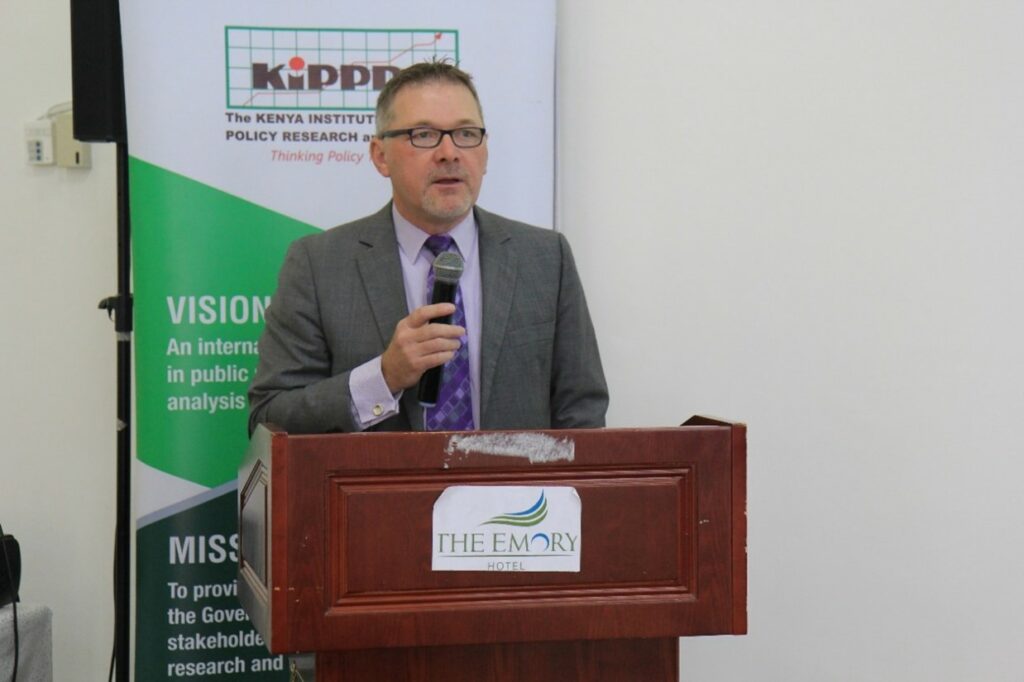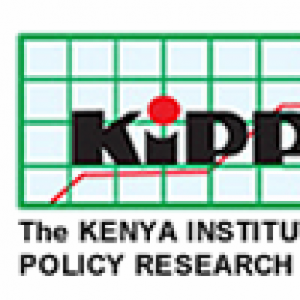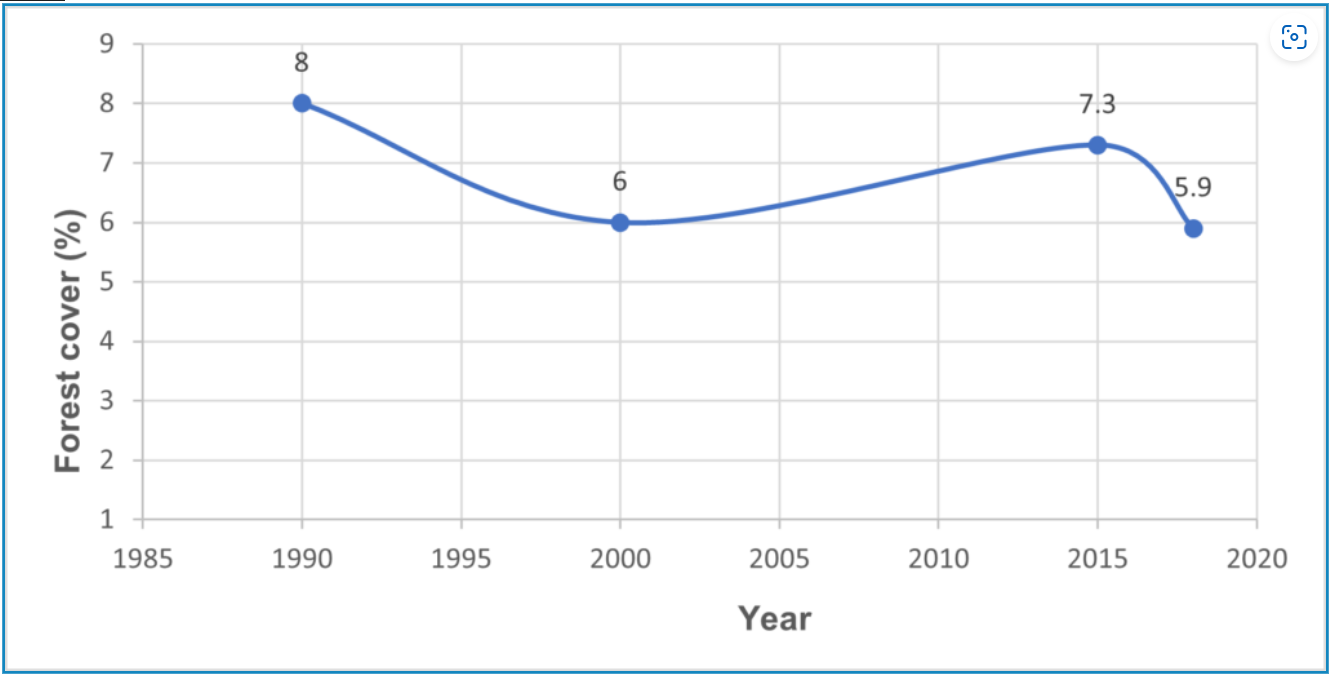KIPPRA, in collaboration with African Center for Economic Transformation (ACET), held a stakeholder workshop on 30th November 2022 to discuss a concept note on Kenya Country Economic Transformation Outlook, whose objective is to undertake a comprehensive diagnostic analysis of Kenya’s economic transformation progress and challenges and to offer policy advice to the government and non-government actors.
The dissemination workshop was held through a blended physical and virtual platform, which brought together public sector, private sector, civil society and other stakeholders within the country and Africa.

Speaking at the workshop, KIPPRA Executive Director Dr Rose Ngugi noted that the Institute has partnered and engaged different stakeholders to exchange views on matters related to policy. She said the Kenya Economic Transformation Outlook 2022 will contribute immensely to the achievement of government agenda, especially given the recent transition to the new government. Dr Ngugi added that the Institute is currently working on finalizing capacity building and support in development of County Integrated Development Plans (CIDP).
The Executive Director explained that the Vision 2030 is almost coming to an end, and it is time as a country to take stock and check what has been done, what lessons have we learnt, which areas have we succeeded and areas where gaps are emanating. In the last three years, Dr Ngugi noted, Kenya has experienced multiple shocks, COVID-19, locust invasion, drought and the Russia-Ukraine war hence the need to develop and build resilience.

Innovation and Digital Policy Director at ACET Mr Rob Floyd gave a brief background of ACET, explaining that it undertakes research and analysis in all sectors, provide advisory services to African countries and designs policies. According to Mr Floyd, ACET is developing a programme that will support the government of Kenya in the development of the medium term plans. He expressed his gratitude for the partnership with KIPPRA as Kenya is the first country to apply Country Economic Transformation Outlook. ACET also focuses on SME’s productivity and digital economy and given that Kenya is a leader in digital economy, and it will act as a benchmark to other countries.

KIPPRA Senior Policy Analyst Ms Anne Gitonga made a presentation on leveraging Kenya’s SMEs for increased productivity, trade, and economic transformation. She noted that SMEs have more potential for economic transformation owing to their higher value addition as compared to MSEs.

KIPPRA Senior Policy Analyst Dr Eliud Moyi made a presentation on economic transformation in activities such as traditional agriculture to higher modern productivity such as manufacturing. He added that changes in the economy raises the overall productivity level in ensuring adequate quantity and quality of employment and equitable distribution of income and wealth.

The plenary session provided an opportunity for the stakeholders to share comments and input. Some of the concerns raised by the stakeholders include the exclusion of some key topics, including business cycles in the global context, agricultural sector and the role of the economy in the ASAL regions. Dr Rose Ngugi addressed the concerns, highlighting the other policy research work being carried by KIPPRA in different departments. This includes research on ASAL areas. She also indicated that the next Kenya Economic Outlook the Some of the research work will be covered in the next Kenya’s Economic Report would cover more topics.






